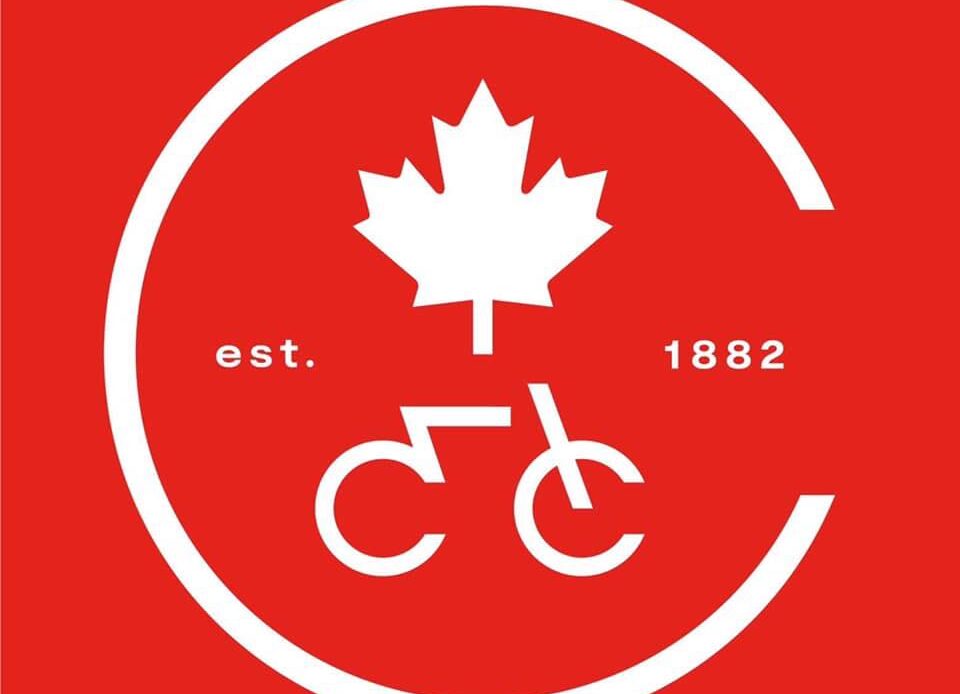In July, the Office of the Commissioner for Integrity in Sport published a report that raised concerns over workplace conditions at Cycling Canada. Deloitte Canada’s investigator Jessica Kearsey conducted the report, which began in October.
The report, known as a Sport Environment Assessment (SEA), was not an investigation. Unlike investigations, SEAs do not involve complainants or respondents. Instead, participants are asked to share their experiences through surveys and interviews.
Assessment surveys were distributed in both official languages to approximately 650 Cycling Canada members across various groups, including national and privateer athletes, internal staff, board members, commissaires, CAN-BIKE instructors, and more. Additionally, an invitation was sent to approximately 108 Cycling Canada staff to participate in focus groups. The surveys invited participants to provide both quantitative responses and free-form comments. The collected results were analyzed and organized into six core findings, covering: employee turnover trends, work/life balance, work leave policies, internal promotions, the process for addressing concerns or complaints, and the overall culture within Cycling Canada.
Employee turnover trends
The survey revealed that 60 per cent of Cycling Canada staff noticed significant changes in team composition, indicating high turnover. Focus group discussions identified four main themes contributing to turnover: budget constraints, high-performance demands, burnout, and communication challenges.
Focus group participants highlighted budget constraints as a major factor in employee turnover, citing stagnant core funding, rising travel costs, inflation, and declining revenue from Sport Canada and private sponsors. Financial challenges had led to layoffs, and concerns arose about transparency and potential discriminatory practices in these cuts. High-performance demands were also a key theme, with participants noting the pressure of high expectations and limited resources, particularly during Olympic cycles. Burnout and interpersonal conflict were identified as contributing factors, with a call for better organizational support and open discussions to address these issues. Communication challenges, exacerbated by the absence of an HR manager and poor succession planning, further complicated turnover’s impact, leading to gaps in information and frustration among staff and athletes.
Gender-related turnover and…
Click Here to Read the Full Original Article at Canadian Cycling Magazine…

